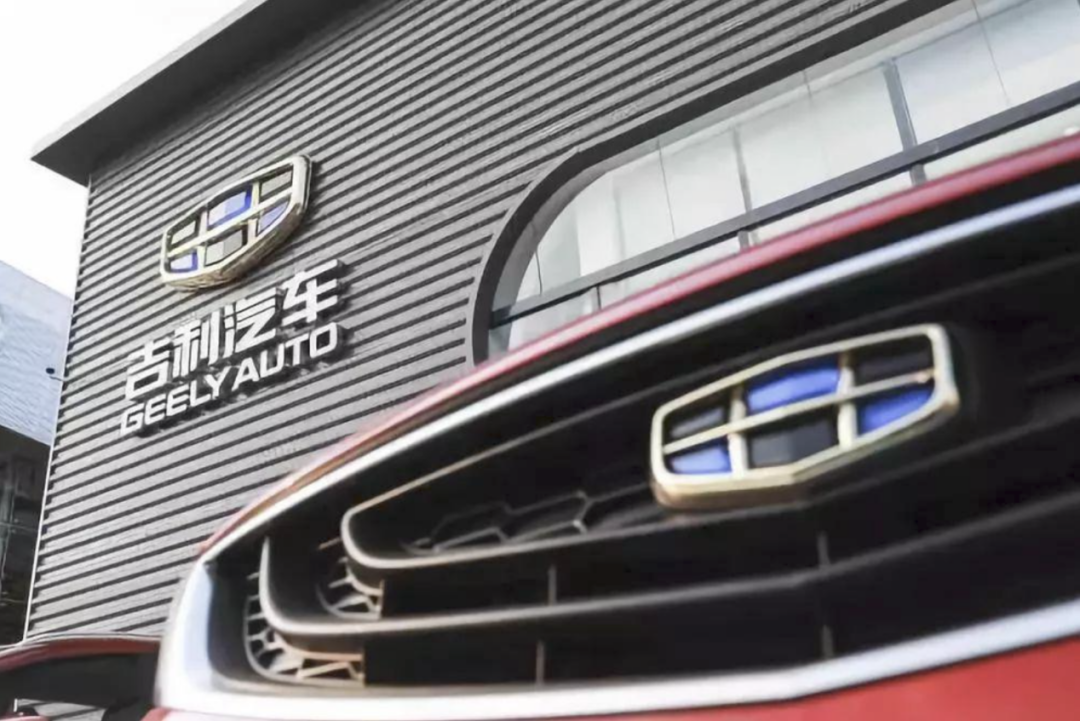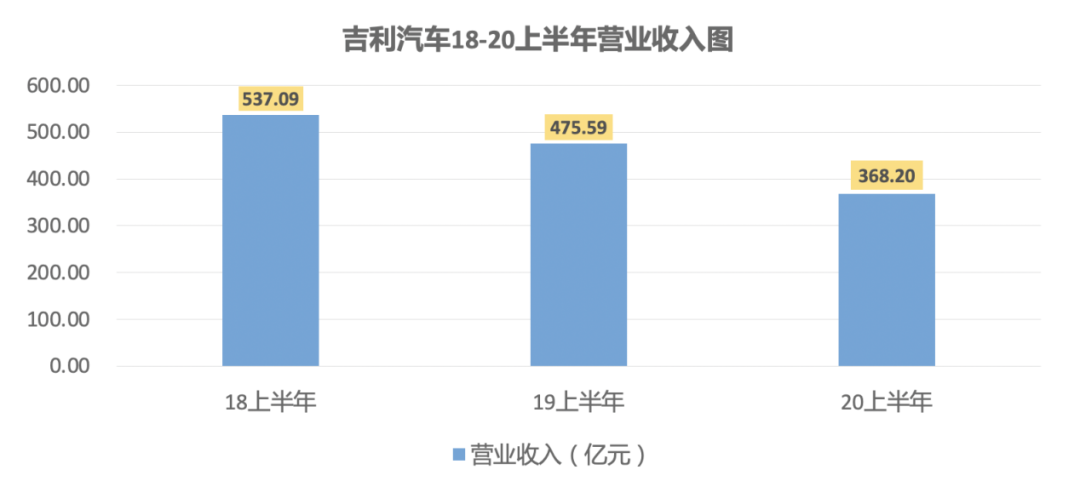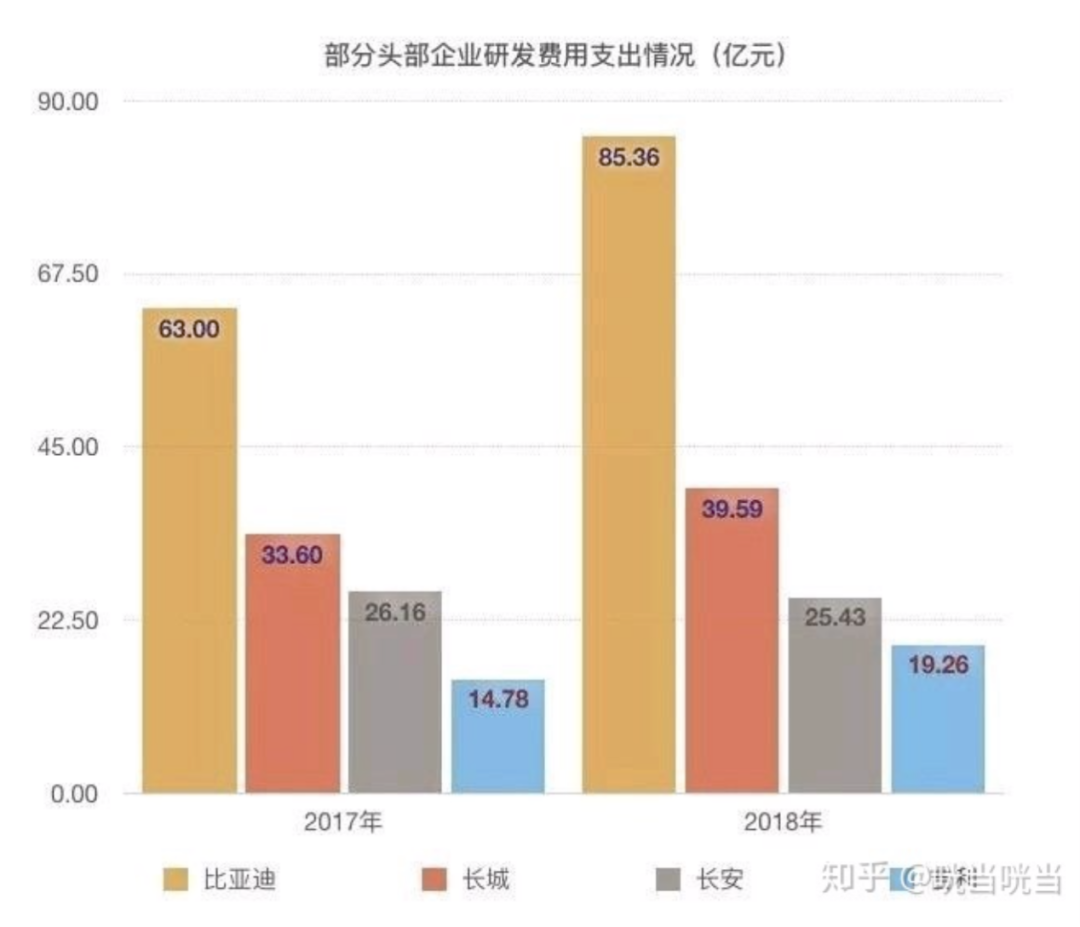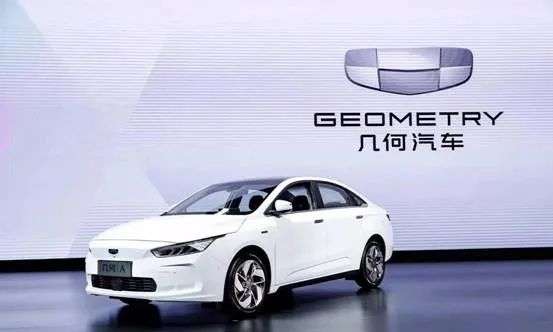Geely builds cars, is it a “life-saving pill” or a “cardiotonic agent”?
Editor’s note: This article is from the micro-channel public number “smart relativity” (ID: aixdlun), Author: Jiang think awaken.
Geely, who has just “married” with Baidu, is about to build a car again!
On January 28, Zhejiang Geely Holding Group Co., Ltd. and Faraday Future, a shared smart travel ecosystem company in the United States, signed a framework cooperation agreement. The two parties plan to cooperate in the field of technical support and engineering services, and discuss a joint venture between Geely and Foxconn The possibility of providing foundry services.
As a financial investor, Geely Holding Group also participated in a small amount of investment in the listing of Faraday Future SPAC.
The “Intelligent Theory of Relativity” looks back on the history of Geely’s car building, and it seems that there is always “thunder and rain”. This time it announced the cooperation to build cars. Was Geely “fudged” by Jia Yueting?
Geely builds cars and makes frequent moves
Geely is serious about building cars and smart cars. This seriousness is first reflected in the number of cooperative enterprises.
On January 11, Baidu announced that it will enter the automotive industry as a vehicle manufacturer, and Geely Holdings will become a strategic partner. The cooperation is based on Geely’s latest global leading pure electric architecture-SEA Haohan Intelligent Evolution Experience Architecture. This cooperation is another “joint force” between Geely and Baidu. Prior to this, the two parties have already cooperated in areas such as intelligent network connection, intelligent driving, smart home, and e-commerce.
Two days later, Geely and Tencent signed a strategic cooperation agreement in Hangzhou. The two parties announced that they would launch a full range of strategic cooperation in areas such as smart cockpits, autonomous driving, digital marketing, digital bases, digital new businesses and low-carbon development.
On January 19, Geely again signed a cooperation agreement with Foxconn. The two parties will jointly form a joint venture company to provide global automotive and travel companies with OEM and customized services, including but not limited to complete vehicles or parts, intelligent control systems , Automotive ecosystem and the entire industrial chain of electric vehicles, etc.
(Image source: Baidu Gallery)
In addition to this announcement of strategic cooperation with Faraday Future. In less than a month, four cooperation official announcements showed that Geely’s determination and ambition to enter the smart car industry are self-evident. “Intelligent Relativity” noticed that Geely Automobile chooses to cooperate with not only a large number of companies, but also a wide range of companies. It includes not only technology giants such as Baidu and Tencent, but also the foundry Foxconn, and finally the smart car company Faraday Future.
From the perspective of “Intelligent Relativity”, the reasons behind Geely’s choice to jointly build cars with multiple companies are traceable. First of all, in terms of the current macroscopic components of smart cars, it roughly includes three levels: hardware, software, and services. As a traditional automobile manufacturer, Geely focuses on automobile hardware manufacturing. With the increasingly intelligent and Internet-based evolution of automobiles, the importance of software and services has become increasingly prominent. At present, Geely has No advantage.
The cooperation with Internet companies Tencent and Baidu may be able to make up for Geely’s shortcomings to a certain extent. Baidu Apollo has become a smart car solution provider for many auto companies, and is also in the forefront of the country in the commercialization of autonomous driving.
Ma Huateng once proposed in 2018 that Tencent should accelerate the embrace of the industrial Internet. The cooperation with Geely can be seen as a step towards accelerating the “To B” process, lacking “car genes” “The cooperation between Tencent and traditional automakers may be regarded as a win-win situation from the perspective of “Intelligent Relativity.”
Building smart cars can be regarded as a “money burning” operation. Without strong cash flow reserves, the car building plan is likely to face a “stranded” situation. From the perspective of income, Geely’s performance is not impressive. Looking back on Geely’s revenue in the past three years, Geely’s revenue from the first half of 2018 to the first half of 2020 has shown a declining trend. With the growing team of car manufacturers, can Geely have enough funds to start manufacturing cars The plan may have a question mark.
Choose to cooperate with leading players in different fields, in the view of “Intelligent Relativity”, it is also a measure of Geely to diversify the risk of car manufacturing, especially in the market environment of the macroeconomic downturn and the increasing uncertainty risk, and the cooperation with partners (Especially the Internet leading companies squeezed into the autonomous driving track) It may seem helpless to share risks, but it is also a wise move.
Tencent’s financial report data for the third quarter of fiscal 2020 shows that Q3 achieved revenue of 125.4 billion yuan, a year-on-year increase of 29%; profit for the period was 33.3 billion yuan, a year-on-year increase of 33%. Baidu achieved in the third quarter of 2020 The revenue was 28.2 billion yuan, and the net profit attributable to Baidu reached 13.7 billion yuan. Both the revenue and profit exceeded Wall Street expectations, and the net profit exceeded Wall Street’s average expectations by 56%.
However, as a traditional car company, Geely’s perception and prediction of future changes in transportation should be relatively strong. However, in Audi and Mercedes-Benz as early as 2018 Under the background that many players who do not have the “car gene” bet on the autonomous driving industry, why does Geely wait until January this year to “start” frequently?
Geely builds cars and frequently misses
Has Geely not entered the autopilot before January this year? This is obviously inaccurate. In fact, as early as January of this year, Geely Automobile had already made efforts on the autonomous driving track.
In December 2018, Geely Automobile’s companies and Ningde Times established a joint venture company with a registered capital of 1 billion yuan, of which Ningde Times invested 510 million yuan. The company will focus on the R&D and manufacturing of battery systems.
In April 2019, Geely launched a new high-end new energy brand—Geometry A. This brand is positioned as a “high-end pure electric brand” and will be Geely and Lynk & Co are parallel to each other and operate independently.
But unfortunately,Geely’s previous efforts seem to be ineffective . On January 6, Geely Automobile’s 2020 sales data showed that Geely Automobile’s annual cumulative sales exceeded 1.32 million, and it has ranked first in sales of Chinese brand passenger vehicles for four consecutive years. However, in the field of new energy, Geely’sGeometry A, Geometry C, Emgrand EV, Emgrand GSe and other new energy and electrified products, the total sales volume was only 68,142 vehicles, a decrease of 40% year-on-year.
In contrast, during the same period, SAIC’s new energy vehicles (including the sales of SAIC-GM-Wuling, SAIC Passenger Cars and other brands) sold 320,000 units, a sharp year-on-year An increase of 77.8%, and won the domestic new energy vehicle market sales champion; BYD new energy vehicle sales of nearly 190,000 units, a year-on-year decline of 17.35%. Compared with its domestic counterparts, Geely’s sales of new energy vehicles inevitably pale in comparison.
More notably, Geely proposed the “Blue Geely Action” strategy in 2015, and plans to achieve 90% of Geely’s overall sales of new energy vehicles by 2020. The above goals. However, the reality after 5 years is that the sales of new energy vehicles accounted for only 5.16% of the overall sales, which is far from the target set that year.
Of course, “Intelligent Relativity” is also clear,< strong>New energy vehicles cannot be equated with autonomous driving, there are still differences between the two. However, the sales of Geely’s new energy vehicles can also reflect the bottleneck of Geely’s current development of autonomous vehicles to a certain extent. “Intelligent Relativity” believes that this bottleneck is most intuitively reflected in the level of R&D technology.
From the perspective of R&D expenses, Geely’s R&D expenses are at the lowest place compared with several leading domestic automakers. Compared with foreign counterparts, Audi and Mercedes-Benz’s R&D expenses generally account for more than 7% of total revenue, while Geely’s R&D expenses account for less than 2%. With the help of peers, Geely’s investment in research and development can be described as “stretched.”
In 2019, Geely Automobile has 14 models on sale, 13 of which are energy-efficient and new energyModel. The combined sales of fuel vehicles and electrified new energy vehicles with a displacement of 1.6L and below (excluding the company’s joint venture brand Lynk & Co) totaled 933,000 units, accounting for more than 70% of the company’s total sales.
To a certain extent, the composition of Geely energy-saving vehicles is currently mainly based on low-end models with low emission standards, but in hybrid and new energy vehicles There are not many advantages in the two major directions of future development of energy-saving vehicles in the field.
Because of the lack of advantages, and the previous self-built cars did not cause too many waves in the market, acquisitions and cooperation seem to have become Geely’s development A new breakthrough for the car.
It’s just that, can acquisitions and cooperation really make Geely a leader in the car manufacturing industry?
Can Geely build cars successfully?
With the release of more autonomous driving test licenses, Internet giants, traditional car companies, hardware suppliers, and autonomous driving solution startup companies are all in autonomous driving New entrants are eager to be subverted, while the “old forces” are also eager to get rid of the fate of backwardness.
However, because many of the companies that have entered the market do not have car-making experience, they often choose to cooperate with traditional car manufacturers. One party provides software technology, and the other party is responsible for vehicle manufacturing. For example, Microsoft has chosen to partner with General Motors, and General Motors can use Microsoft’s Azure cloud services to help it speed up its digital plans and simplify the operational processes in the digital supply chain.
This seems to be a win-win situation, but “Intelligent Relativity” believes that this kind of cooperation will put traditional automakers at a disadvantage. In smart car manufacturing, software and services have become the most important elements, and hardware manufacturing has taken a back seat.
In this case, capital and technology are often in the hands of technology giants, or they have more advantages in this respect, and this advantage also makes them bargain Higher ability. softParts technology has become a scarce product in the smart car manufacturing process, and traditional car companies that provide complete vehicle manufacturing are likely to be reduced to “production tools”, which is a secondary position in the cooperative relationship between the two parties.
turning its attention back to Geely, Geely hopes to expand its scale through acquisitions and cooperation, so as to gain more in the emerging industry of smart cars Right to speak and make industry rules. This is a proven development path, and the “bosses” of German and Japanese cars have gradually emerged in this way.
(Image source: Baidu Gallery)
But Geely’s problem lies in spreading the plates too large. Geely has a dazzling array of brands in the field of electric vehicles. Geely’s financial report lists its five best-selling new energy and electrified vehicles. These models account for approximately 80% of the total sales of new energy and electrified vehicles. They are ICON MHEV, Emgrand EV, Xingyue MHEV, Borui GE MHEV, and Jia MHEV does not include Geometry A.
In contrast, Tesla has only four models, and Weilai has three models. For the many new energy brands incubated by Geely, the creation of each new brand requires resources, manpower and time. Although Geely can improve efficiency through internal collaboration, it cannot concentrate resources.
“The system is too large, which is one of the reasons for the slow development of Geely new energy vehicles in recent years.”Some people in the auto industry said that at present, Geely is still putting more investment on Lynk & Co. “After all, energy is limited, and there is no way to allocate more resources to other new brands or new technologies in a balanced manner.”
At the 2015 Wuzhen World Internet Conference, Geely Chairman Li Shufu once said that building cars on the Internet is a “soul without a body”; at the 2016 Third International Automobile Safety Summit, he did not He politely reprimanded “some companies” for building cars as “intent to collect money in the capital market”; during the 2018 Beijing Auto Show, he once again stated that “Internet companies building cars are just fooling the people all day long.”
The difference this time is that he himself was “fudged” in.
*The pictures in this article are all from the Internet



